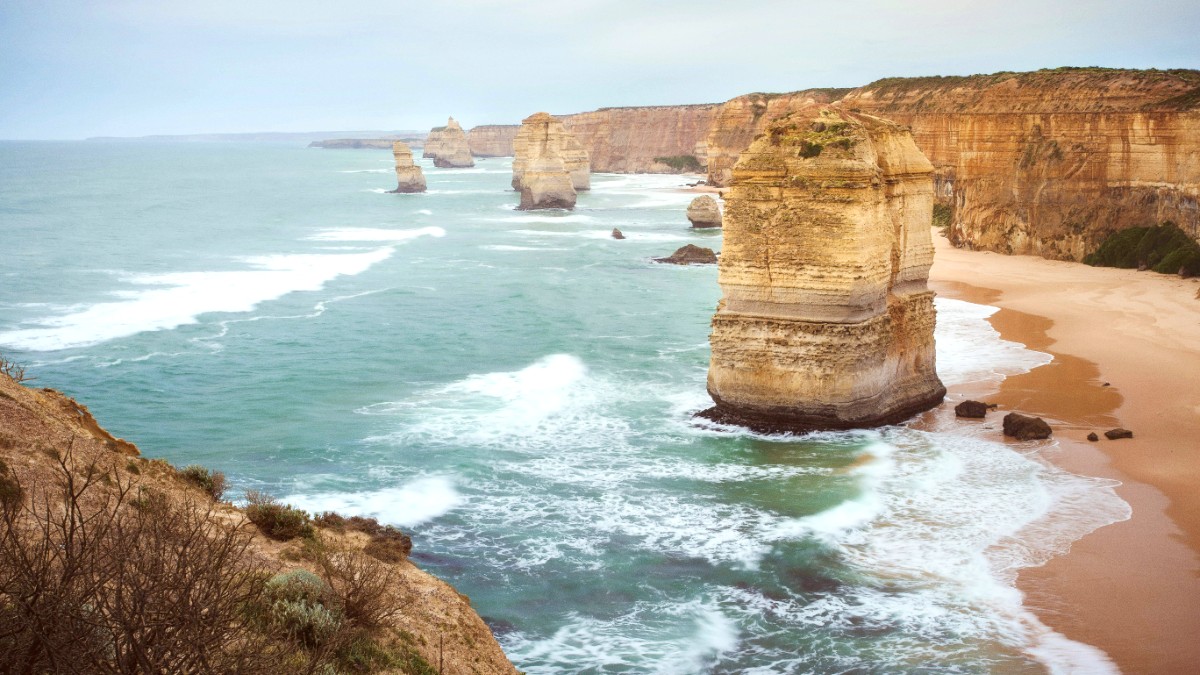
Victoria, Australia
The Great Ocean Road spans protected areas like the Great Otway National Park and Port Campbell National Park, managed by Parks Victoria.
These parks safeguard biodiversity, habitat for unique flora and fauna, and preserve important geological formations.
Staying on marked paths, not disturbing wildlife, and proper waste disposal support conservation initiatives.
Your presence can influence the local ecosystem positively or negatively.
Recycle bins are available in towns and at some attractions for plastic bottles, glass, and cans. General waste bins are also common.
Look for properties and tour operators that show commitment to sustainability: renewable energy, water minimization, local produce, and robust recycling.
Some airlines offer carbon offset programs when you book flights. This lets you contribute to projects that reduce greenhouse gas emissions.
Your purchasing decisions contribute to sustainable production practices.
Look for operators that empower local residents and preserve traditions.
G AdventuresSupport organizations dedicated to environmental protection.
The Rainforest SiteYour journey through the Great Ocean Road region also touches upon rich cultural heritage.
The Great Ocean Road passes through the traditional lands of the Wadawurrung, Eastern Maar, and Gunditjmara peoples.
Your travel choices play a role in the local economy. Choose locally-owned restaurants, cafes, shops, and tour operators over large chains.
Be aware of wildlife tourism operations. Confirm they adhere to ethical animal welfare standards.
If you wish to donate, choose reputable local charities, conservation organizations, or community development projects.
Every decision you make as a traveler can influence the local environment and community.
Choose businesses that align with responsible tourism principles.
Direct your travel dollars to locally-owned enterprises.
Be respectful of local customs, traditions, and wildlife.